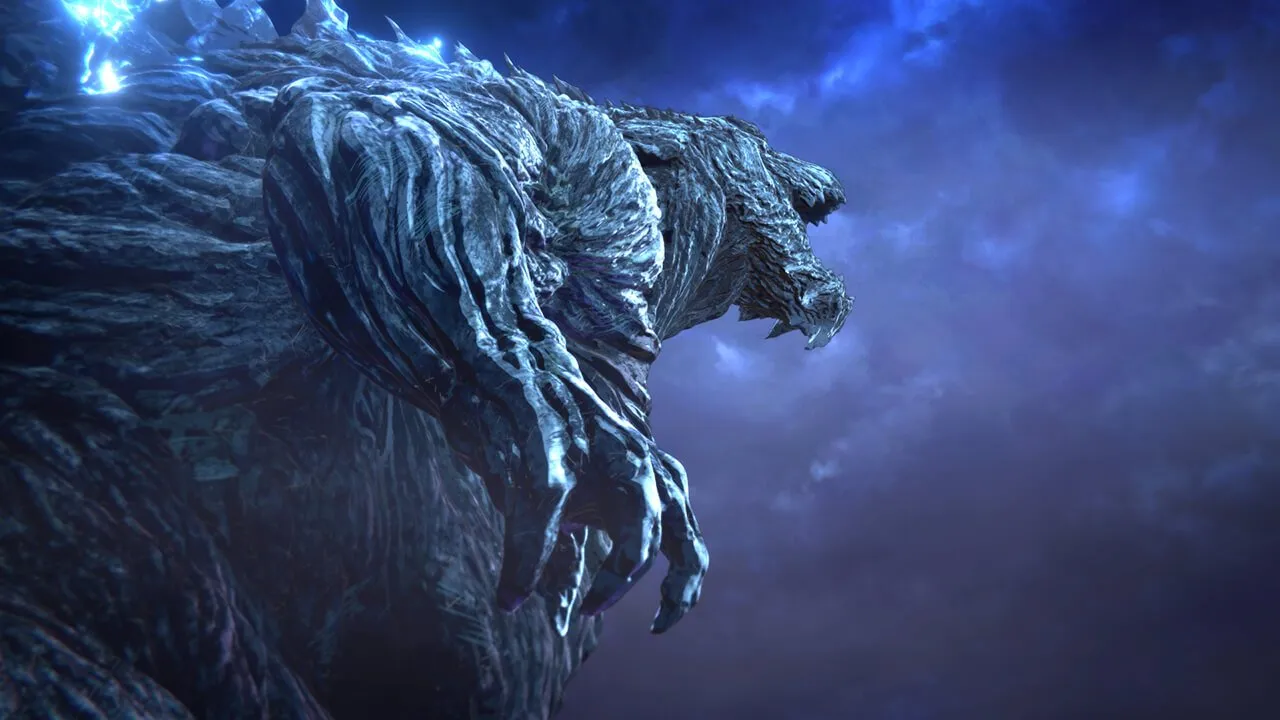
The worldwide Netflix streaming is set for January 2019. But the Japanese premiere happened on the 64th anniversary of Godzilla. The reviews makes it seem better than the first two movies which were fresh, innovative and also divisive (kind of like Batman V Superman) while being sci-fi and philosophy heavy.
Like Shin Godzilla, the last live-action Japanese Godzilla movie, this approach could be alternatively “fascinating and frustrating,” depending on what you look for in a giant monster movie. Since Gareth Edwards’ 2014 Godzilla reboot, we’ve entered an era where both stateside and Japanese filmmakers seem to be striving to return Godzilla to his roots as a walking disaster: not a natural disaster, but a manmade calamity like the atomic bomb or a nuclear meltdown.
At times, both Planet of the Monsters and City on the Edge of Battle seemed more indebted to Planet of the Apes than their own franchise. In Planet of the Monsters, time dilation caused Haruo and the residents of his spaceship to arrive back on earth thousands of years in the future, after the planet had been overrun by monsters (in this case, rock pterodactyls and Godzilla instead of apes). City on the Edge of Battle introduced the telepathic, underground-dwelling Houtua tribe — distant descendants of Earth’s human population, who seemed to also descend, cinematically, from the mutants in Beneath the Planet of the Apes.
The movie does build Ghidorah up so that the first utterance of his “golden name,” which is worthy of chants, bears enormous weight. He’s the King of the Void. All life is an offering to him, and in his unholy presence, human beings are mere soup for the gods. If he doesn’t dismember them, they might just remove parts of their own body out of pure fanaticism. Rather than revert to a big dumb monster movie, The Planet Eater is able to balance its kaiju action with life-and-death concerns while wrapping up threads of character drama woven through the trilogy as a whole. Even Haruo’s name, which comes from the Japanese seasonal word, haru, meaning, “spring,” takes on a higher meaning. The movie plays with rich themes that might leave you thinking (or scratching your head) as you wait for the post-credits scene.
It’s how I felt at first, but the more I thought about the movie, the more I felt I understood the spirit of it and what it was trying to say about human nature through the lens of Japanese filmmaking.
Source of shared Link
